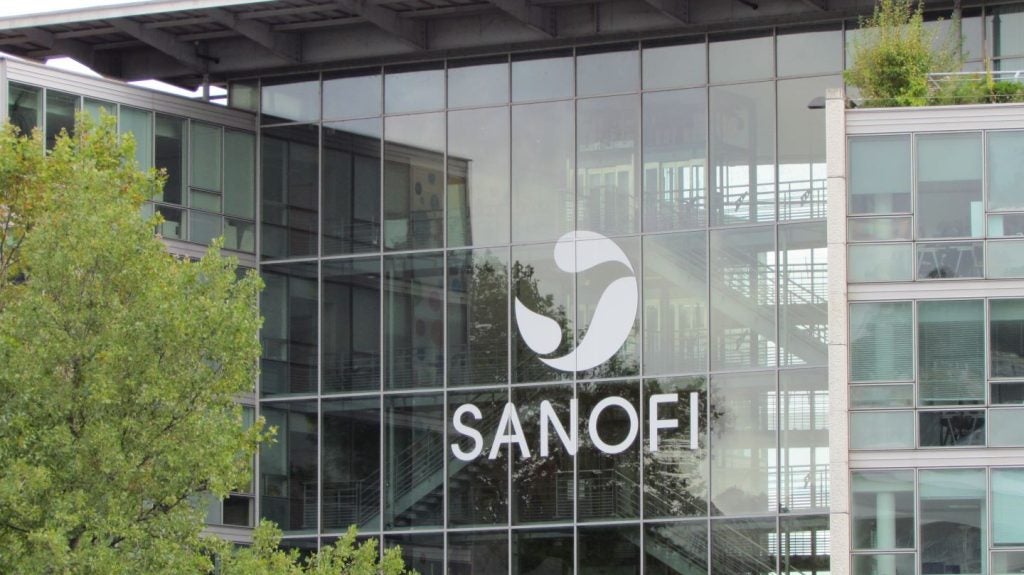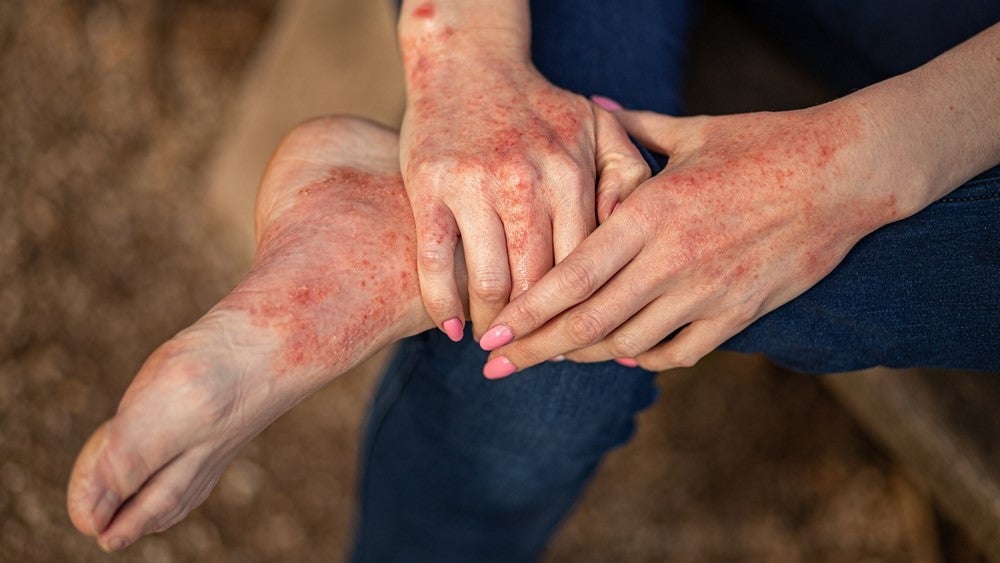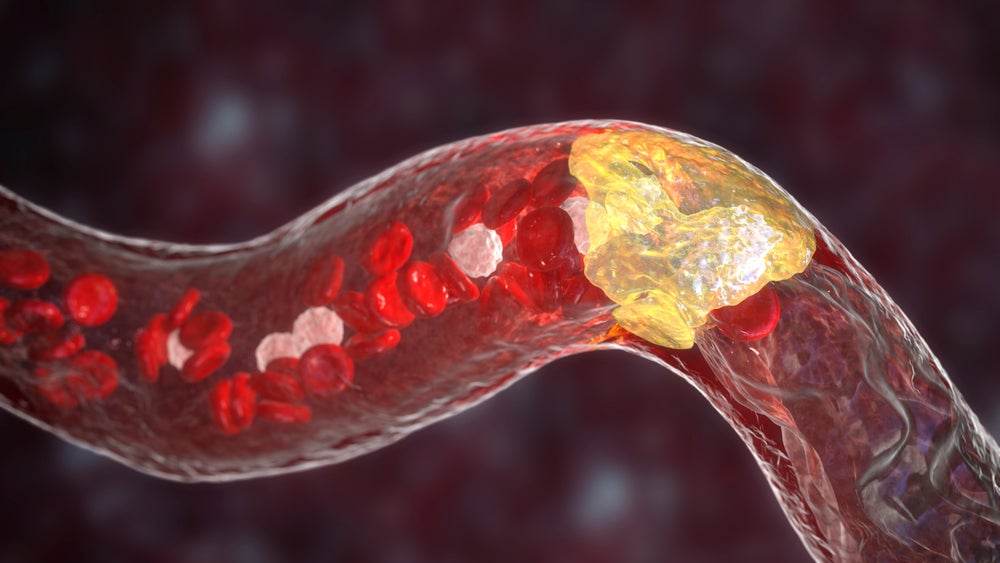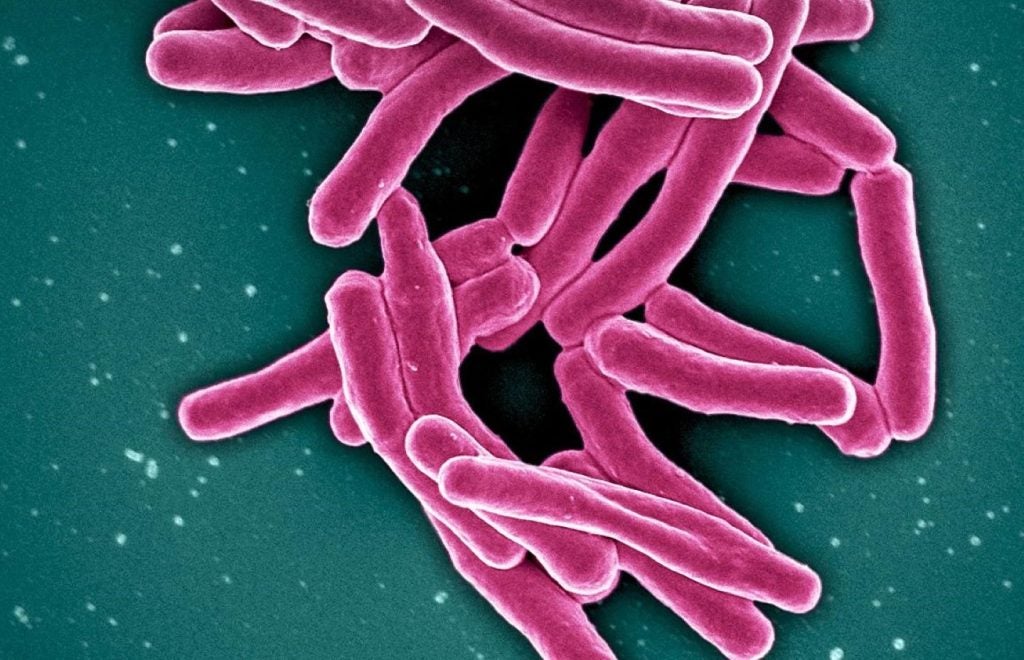Sanofi has reported that the Phase III IMROZ clinical trial of its monoclonal antibody Sarclisa (isatuximab) plus standard-of-care for multiple myeloma (MM) met the primary endpoint.
The multicentre, open-label, randomised trial analysed intravenous doses of Sarclisa plus standard-of-care comprising subcutaneous bortezomib, oral lenalidomide and intravenous or oral dexamethasone.
It enrolled a total of 484 subjects with newly diagnosed MM who are not eligible for transplant, at 104 study sites in 21 countries.
Progression-free survival is the trial’s primary endpoint while complete response rate, minimal residual disease negativity rate for subjects with a complete response and overall survival among others, comprised key secondary endpoints.
A planned interim efficacy analysis showed that the Sarclisa regimen offered statistically significant PFS improvement versus VRd alone, thereby meeting the primary endpoint.
The safety and tolerability profile of the antibody reported in the trial was in line with the proven safety profile of Sarclisa and VRd.
Sanofi Development global head Dietmar Berger said: “This is the second Phase III trial investigating Sarclisa in newly diagnosed patients to show superiority versus standard of care, reinforcing our belief in Sarclisa as a best-in-class medicine.
“These data underscore our commitment to advancing scientific innovation for people living with multiple myeloma, and we look forward to sharing more detail on Sarclisa’s potential to improve outcomes for patients receiving earlier lines of therapy.”
The antibody attaches to a distinct epitope on the CD38 receptor on MM cells to elicit antitumor activity.
Based on the data from the Phase III ICARIA-MM trial, Sarclisa plus pomalidomide and dexamethasone is approved in more than 50 countries to treat relapsed refractory MM (RRMM) who have previously received two or more therapies.
It is also approved for use along with carfilzomib and dexamethasone for treating RRMM patients who have received one to three lines of therapy previously, based on the Phase III IKEMA data.
In October, the company reported positive data from the Phase III trial of Dupixent (dupilumab) in children aged one to 11 years with eosinophilic oesophagitis.
















